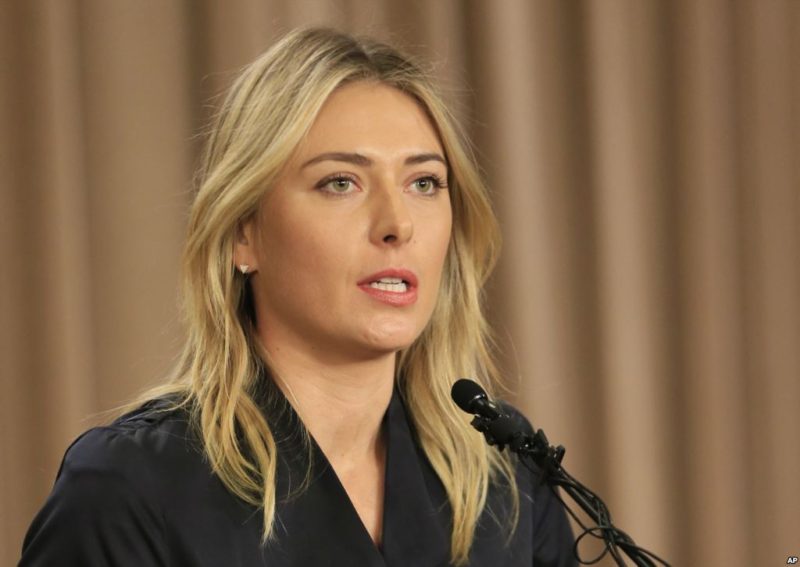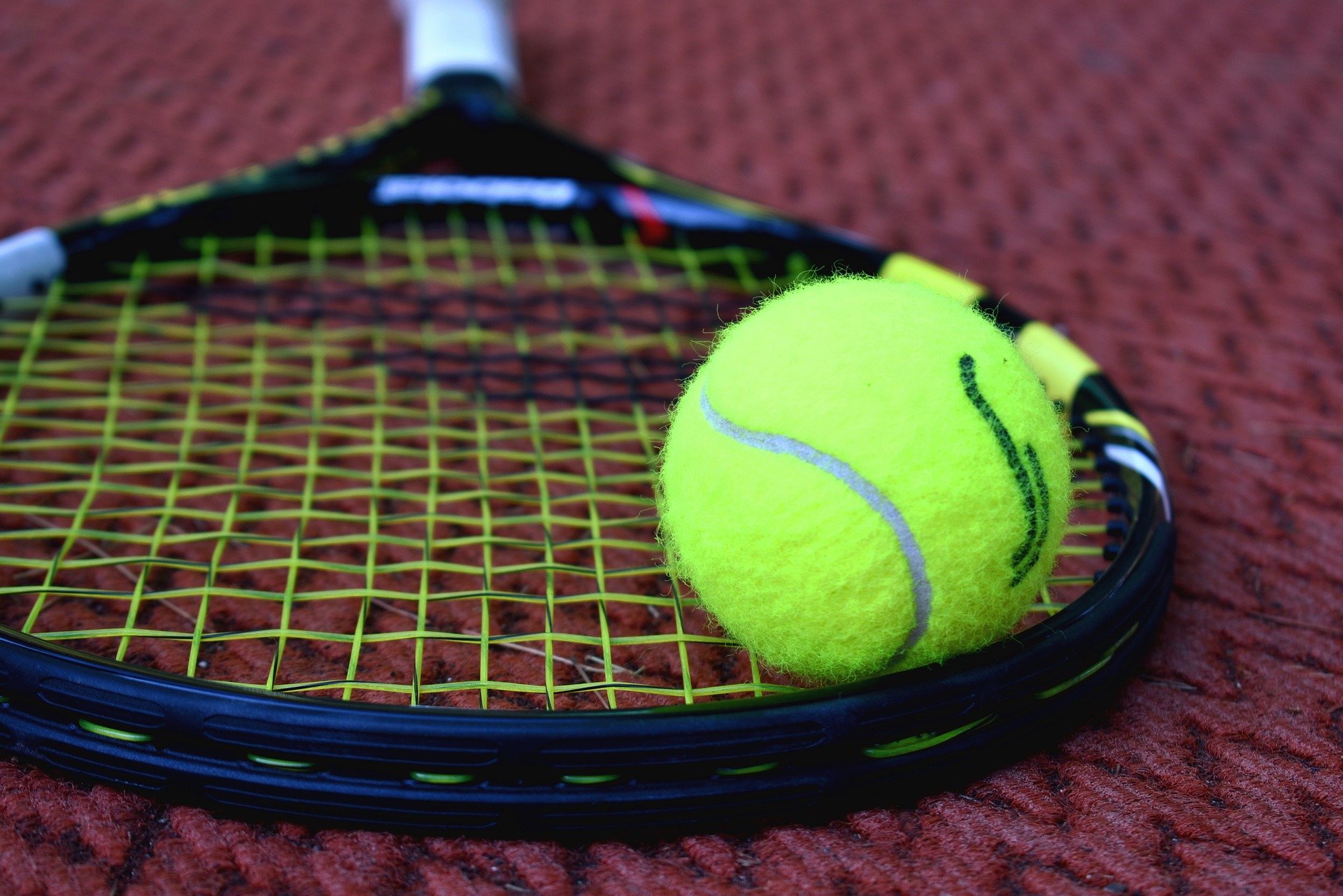By: Mylene Mukhar
I’ve been meaning to write about the Maria Sharapova case for a while. And I finally have time!

Press conference
First, I was extremely shocked by her announcement. She is somebody that many in the tennis community and sport community consider a role model. Her image is all about grace and trust. She is now suspended 2 years for consuming a banned substance called Meldonium, also known as Mildronate. She claims not knowing and the tribunal ruled it unintentional but some facts are more than head scratching.
So here are a few of them and I’ll let you be the judge.
- She started taking Meldonium, a Latvia made drug, in 2006 for irregular heartbeats, signs of diabetes and magnesium deficiency. As stated in an article by Rita Rubin in Forbes.com, Meldonium is not approved by the Food and Drug Administration (FDA). It is only used in Russia and Eastern European countries. Per a statement from Grindeks in Andrew Bollack’s March 10th, 2016 nytimes.com article, “Meldonium is used to prevent death of ischemic cells and not to increase performance of normal cells.” “It can stop tissue damage in the case of ischemia,” which is lack of blood flow to the heart.
- She went to see Dr Anatoly Skalny in Moscow because of recurring illnesses and he prescribed Meldonium.
The first thing that Ted Robinson (NBC and Tennis Channel announcer) said in an email was “living in the US since age 9, why did you not take advantage of the superior medical treatment offered in the US, instead of seeking aid in Moscow?” And this is a great question knowing that Russia and Eastern countries are at the center of the doping scandal.
- She stopped seeing Dr Skalny in 2012 because the 30 pill regimen “was overwhelming,” as said by Ms Sharapova.
- She was then followed by a WTA doctor and the Russian tennis team doctor Sergey Yasnitsky. In her court statement, she says she disclosed her use to him but Dr Yasnitsky denies.
On this, Tom Perrotta said in the Wall Street Journal website that she didn’t disclose her use to her coach, physio or nutritionist. She also didn’t say anything on her anti-doping forms. But if she thought she wasn’t doing anything wrong, why not say anything?
- September 29th, 2014 : WADA sent the 2015 prohibited list and a monitoring list on which Meldonium was added. They also put these reports on their website. The Monitoring Program detected Meldonium in 6% of athletes in 2015 and found that athletes were taking it for performance enhancing effects during that year of research.
- September 20th 2015: Meldonium was put on the prohibited list. Emails were sent out and the list was added on the website. She did admit failing to look at emails and the new list. Her agent, Max Eisenbud also received that email. He claims not looking at it because of marital problems.
On that note, you can talk to any athlete; they will all tell you that whatever an athlete ingests is their responsibility. And to that, Maria took responsibility.
- Since the ban, several hundred athletes were tested positive to Meldonium such as figure skater Ekaterina Bobrova, Abeba Aregawi, a Swedish runner and other Russian athletes.

All these facts bring more questions such as this one: “If this substance was needed for a personal medical condition, why did 300 athletes test positive in the first month of this year?” wonders Robinson. Even more puzzling, are two opposite statements by the ITF in their report. “The contravention of the anti-doping rules was not intentional as Ms Sharapova did not appreciate that Mildronate contained a substance prohibited from 1 January 2016.” And this one… well you get it: “the manner in which the medication was taken, its concealment from the anti-doping authorities, her failure to disclose it even to her own team, and the lack of any medical justification must inevitably lead to the conclusion that she took Mildronate for the purpose of enhancing her performance.” So do they believe it was intentional or not? Something worth noticing is that the ITF asked for a 4-year ban but the tribunal ruled 2 years.
For someone who has followed tennis and Maria Sharapova for a very long time it is really hard to believe that she was so negligent. Like Jon Weirthem said in his June 15th 2016 article on the Sports Illustrated website, “The organizational sloppiness of the Sharapova camp staggers.” And I agree with him when he wonders: “How could she not have been hyper-vigilant about the annual changes to the anti-doping list?” It is really hard to understand for somebody whose career had been extremely controlled up to that point.
The backlash has been tough for Sharapova, especially in the tennis community. Ted Robinson states in his email: “I have been struck by the lack of sympathy for Maria in public comments by other pros.” And it is consistent with previous reactions from earlier doping scandals. “Tennis players spare no mercy to those caught cheating, ” says Robinson.
So based on all these facts, questions and legal reports, do you think Maria Sharapova got a fair sentence? She appealed her suspension and will have a verdict on July 18th 2016. So stay tuned…


 NFL
NFL





